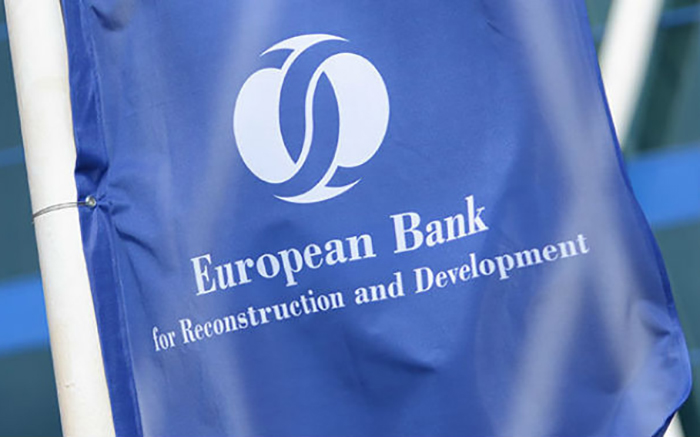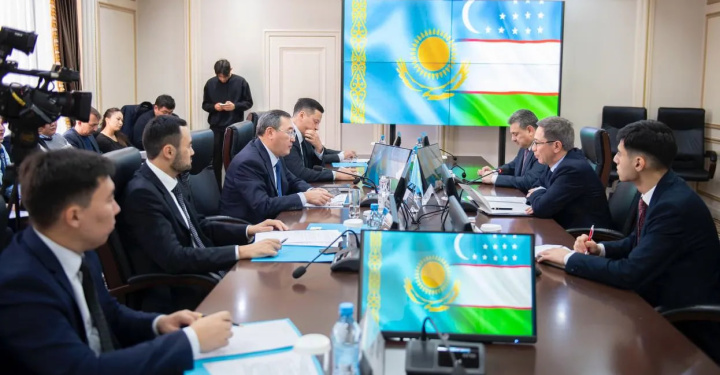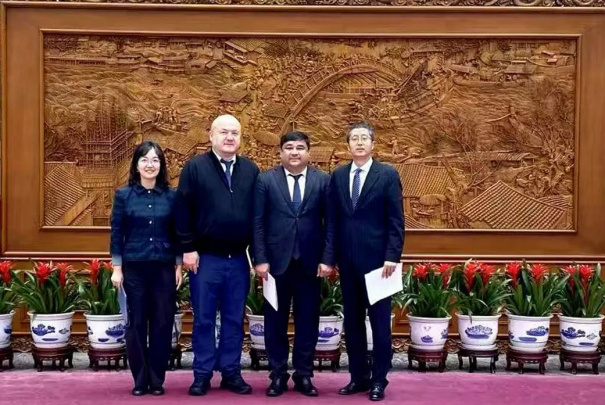The PPP agency held a meeting with representatives of the European Bank for Reconstruction and Development to discuss improvement of public infrastructure in Uzbekistan, the Finance Ministry reports.
EBRD representatives spoke about international experience in developing sustainable infrastructure and provided information on ongoing PPP projects in the field of energy, transport and healthcare.
As part of the ongoing large-scale reforms in various sectors of the economy of Uzbekistan, at a meeting on October 2, 2019, the management of the country identified a number of priority areas related to improving efficiency and creating favorable conditions for the further development of the road economy, including transport infrastructure in general. In this regard, during a meeting with representatives of the EBRD, a number of issues were discussed regarding the need to analyze the transport potential of the republic, develop a road economy strategy and a master plan for the transport sector for the period 2020-2030. In addition, special attention was also paid to the development of alternative methods of financing transport, including road infrastructure.
Currently, the differences between the key components of the road sector, the limitations and tasks that are present, are the primary reasons for uncertainty about the benefits of PPPs.
In the course of a meeting, Matthew Jordan-Tank, Director for Sustainable Infrastructure Development and Project Preparation, expressed his willingness to provide assistance and all kinds of support for the development of the road sector and the transport sector of Uzbekistan, including using public-private partnership mechanisms.
According to preliminary data, today, around 98% (an average of 1 billion tons per year) of cargo and 88% of passengers (an average of 6 billion tons per year) are transported by road.
Recently, thanks to large investments in the road sector, the quality of the roads has improved significantly. However, highways with a length of 70 thousand kilometers need substantial repair.
A key motivation for using PPPs in the transport sector is that, given the right conditions, PPPs can mobilize additional sources of financing for infrastructure. PPP also provides the opportunity to receive long-term benefits in terms of increasing efficiency and effectiveness by improving the quality and provision of services. For highways, this is usually achieved by improving access reliability and/or reducing travel time and operating costs for cars. Other reasons for using PPP to build infrastructure are:
• Maintenance and long-term preservation of critical assets;
• If an appropriate structure is provided, PPPs can develop local capacity and facilitate technology transfer;
• Incentives from the private sector can be aligned with the interests of the contracting authority through the whole process of realization of the project, including the implementation phase. Such consistency is ensured by linking the revenues of a private operator with a set of pre-agreed performance indicators and the operator’s commitment to invest significant capital for the long term;
• By subjecting potential projects to rigorous analysis and due diligence in terms of attracting private financing, PPPs can improve the quality of project selection;
• PPPs can help improve overall government performance, including increased transparency and the fight against corruption.






